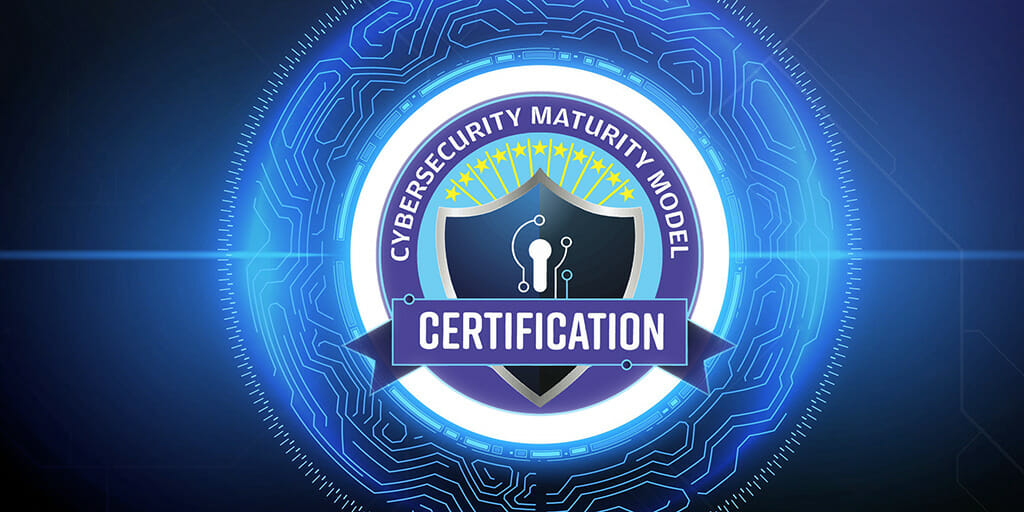Cybersecurity isn’t just for tech companies anymore. With cyber threats targeting all kinds of businesses, even non-tech industries are finding they need to step up their security game. Enter CMMC — the Cybersecurity Maturity Model Certification — a standard initially designed for defense contractors but now extending to cover various industries. Whether it’s a manufacturing plant, retail shop, or healthcare facility, companies of all kinds need to understand CMMC basics to protect their operations and customer trust. Here’s what non-tech businesses need to know to make sense of CMMC and why it’s relevant.
Understanding Why CMMC Matters for Non-Tech Businesses Too
For non-tech companies, cybersecurity may seem like an afterthought, but modern threats don’t discriminate. CMMC ensures that even companies not directly involved in tech or defense can protect their data and operations. Industries handling customer information, employee records, or sensitive business data are at risk, and CMMC provides a framework to help these businesses secure their digital environments effectively.
The CMMC model offers clear steps for safeguarding against data breaches and unauthorized access, which are increasingly impacting non-tech sectors. From manufacturing to healthcare, every business benefits from knowing it has security measures in place to handle potential threats. CMMC is about giving even the smallest non-tech company the confidence that it can protect its assets, reputation, and customer trust.
Breaking Down Cybersecurity in Simple Terms for Everyday Operations
Cybersecurity doesn’t have to be complex. For many non-tech businesses, it’s about keeping things simple and manageable. CMMC focuses on practical cybersecurity steps that fit into regular business operations. It emphasizes actions like password management, access controls, and data backups — all manageable without requiring extensive tech knowledge.
Instead of drowning in jargon, non-tech businesses can rely on a straightforward CMMC assessment guide. The guide breaks down requirements in easy-to-understand language, ensuring that everyone, from the office manager to the CEO, can grasp what needs to be done. It’s about making cybersecurity a team effort, with everyone on the same page, following clear guidelines that protect the business day-to-day.
What CMMC Compliance Looks Like for Customer Trust and Safety
In an era where customers are increasingly aware of data privacy, CMMC compliance is more than just meeting a requirement; it’s a statement about commitment to customer trust and safety. By adhering to CMMC standards, companies assure customers that their data is protected. When customers know a business is CMMC-compliant, they’re more likely to trust its ability to handle their information responsibly.
Beyond customer trust, CMMC compliance also reduces the risk of costly breaches and legal issues. Adopting these cybersecurity practices is an investment in long-term stability, showing customers and partners that the business takes data protection seriously. For non-tech industries, it’s a vital part of building a reliable reputation and standing out in a competitive market.
Tackling Common Misconceptions About Cybersecurity in Non-Tech Fields
One common misconception is that cybersecurity only matters for tech companies or businesses that handle credit card information. But in reality, cyber threats target any business with valuable data — and that includes almost every industry. CMMC helps dispel the myth that non-tech businesses don’t need robust cybersecurity. It lays out why all businesses, regardless of their industry, should have a basic defense in place.
Another misconception is that cybersecurity is too complicated for non-tech teams. However, CMMC is structured in levels, making it scalable and manageable for even the smallest businesses. Companies can start with foundational security measures and build up as their needs grow, allowing them to meet CMMC standards without feeling overwhelmed.
Steps to Integrate CMMC Without Overhauling Your Entire Workflow
The thought of implementing new security standards can feel overwhelming, but integrating CMMC doesn’t have to disrupt your whole workflow. Simple adjustments can make a big impact without upending daily operations. Small actions like requiring stronger passwords, limiting access to sensitive data, and conducting regular security check-ins can go a long way in aligning with CMMC standards.
A CMMC consultant can be helpful in guiding companies through these steps, ensuring they’re on the right path without overcomplicating things. By breaking down the requirements into achievable actions, non-tech companies can make steady progress toward compliance without major interruptions. It’s about building cybersecurity into existing practices in a way that feels manageable and natural.
Knowing What Auditors Look for to Keep Your Business Prepared
When it comes to CMMC audits, knowing what to expect can make the process smoother. Auditors typically focus on evidence that your company is following CMMC requirements, like access controls, data protection practices, and employee training records. Having these elements documented and organized can simplify the audit process and demonstrate your company’s commitment to cybersecurity.
To stay prepared, non-tech businesses can conduct regular self-assessments and spot-checks. Creating a checklist of essential requirements and keeping documentation up-to-date ensures that when it’s time for a CMMC assessment, there are no surprises. With the right preparation, the audit process becomes less of a stressor and more of an opportunity to showcase your commitment to secure, trustworthy business practices.


